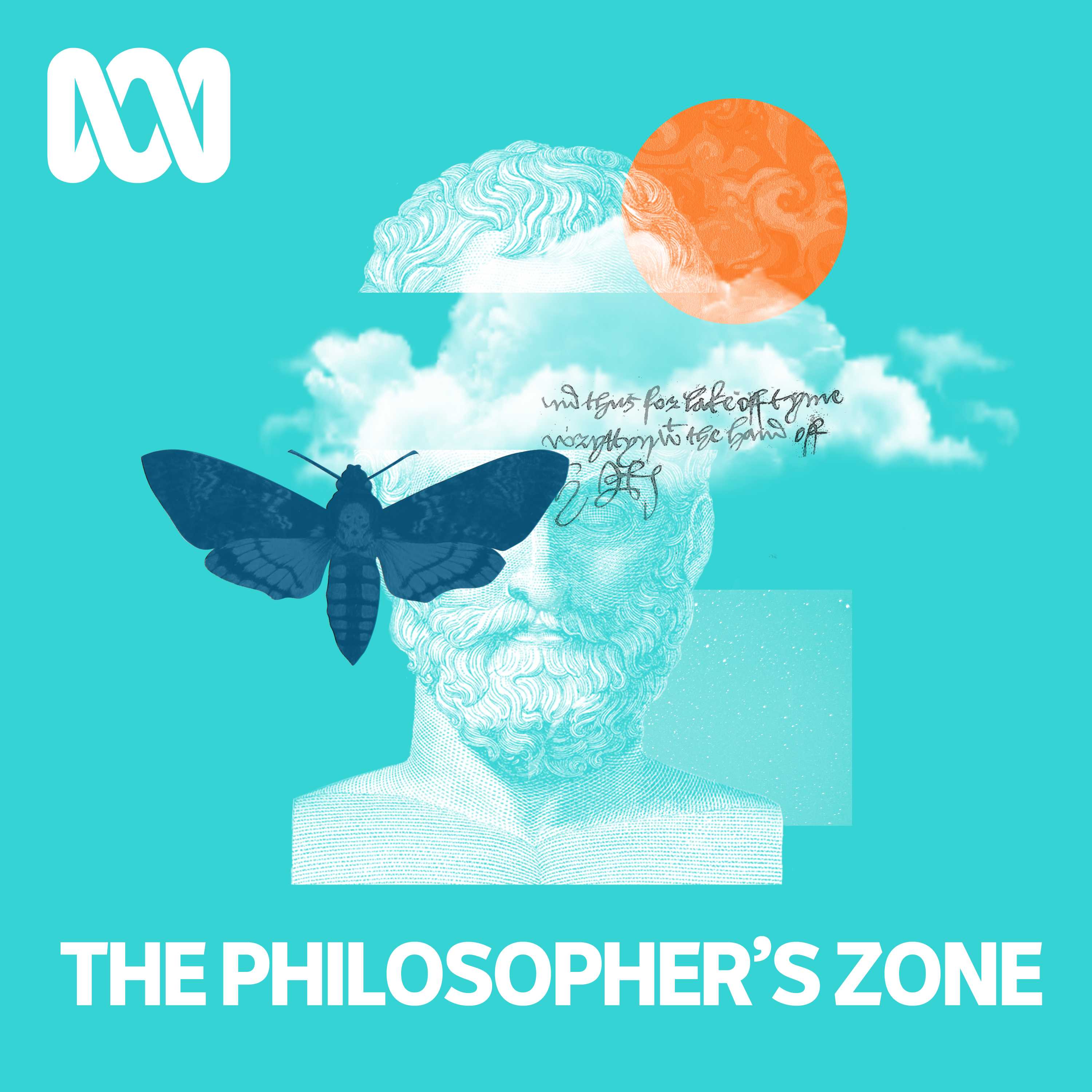

Philosopher's Zone
ABC
The simplest questions often have the most complex answers. The Philosopher's Zone is your guide through the strange thickets of logic, metaphysics and ethics.
Episodes
Mentioned books

Sep 12, 2021 • 28min
About time, part 2: Time in fiction
During the early 20th century, physicists and philosophers were discovering strange things about time. And these ideas were being picked up by novelists, who wove them into such masterpieces as Joyces Ulysses and Woolf’s Mrs Dalloway – texts that continue to challenge our notions of everyday temporality.

Sep 5, 2021 • 28min
About time, part 1: Newton's exploding clock
Join Newton, a renowned scientist and philosopher, as he discusses the weird tricks of time. From twins growing older at different rates to broken vases reassembling themselves, explore the multifaceted nature of time in physics. Discover the connection between Newton's laws and the second law of thermodynamics, and delve into the twin paradox and time dilation. Lastly, explore quantum gravity and the potential disappearance of time at a fundamental level.

Aug 29, 2021 • 28min
The abominable heretic
In July 1656, the young philosopher Baruch Spinoza was cast out of his Jewish community for "abominable heresies". We don't know what those crimes were, but we do know that Spinoza has remained a polarising figure within Judaism ever since.

Aug 22, 2021 • 28min
How should we treat insects?
Insect farming, we’re told by its proponents, is the next big thing in edible protein production, and it may just save the environment. But an insect “farm” is more like a manufacturing plant, where tiny organisms are frozen, boiled, baked, crushed or shredded alive in their billions. What is the moral status of these living things? Can we be sure they’re not sentient beings, capable of experiencing pain and suffering? And if we can’t be sure, how should we treat them?

Aug 15, 2021 • 28min
Was the market economy inevitable?
Today, market capitalism is so deeply woven into the fabric of everyday existence that it seems as natural and inevitable as the movement of the planets. But in fact, there was a moment in the early 20th century when an alternative economic philosophy – one of planned economies oriented toward community wellbeing – gave the free market model a run for its money. What happened, and how might things have been different?

Aug 8, 2021 • 28min
Structural injustice and individual responsibility
Who is responsible for structural injustice? The answer is “practically everybody” - but that can be just another way of saying “effectively nobody”. So what responsibility do individuals bear for structural injustice? And how can this responsibility be acted upon, without falling into practices of blaming and shaming?

Aug 1, 2021 • 28min
Women, the alt-right and the liberal centre
Why do women join white nationalist and other far-right movements? Misogyny is rampant on the alt-right, along with the notion that women's primary role is to be wives and child-bearers. But the liberal centre can be an ambivalent place for women too. Feminism was founded on the ideal of equality, and on the belief that women should be treated as individuals rather than undifferentiated members of a subordinate class. But have these liberal humanist ideals of of equality and individual autonomy outgrown their usefulness?

Jul 25, 2021 • 28min
Nietzsche and transfiguration
Friedrich Nietzsche engaged closely with Christian themes and concepts, re-casting them for a secular age. One of these was transfiguration, the strange alchemical process by which human brokenness and misfortune can be turned into a kind of redemption. For Nietzsche, this was an aesthetic process, and it made an art form of philosophy.

Jul 18, 2021 • 29min
Trust, risk and experts
Kate Hughes, an independent scholar specializing in industrial and post-industrial society, dives into the shrinking public trust in experts and its implications amidst a risk-laden world. She discusses how experts should effectively communicate risk while navigating the complexities of social versus systems trust. Hughes presents a culinary analogy to illustrate the shift from familiar personal relationships to the reliance on complex systems in society. The dialogue emphasizes the need for transparency and critical engagement to bridge the gap between science and public understanding.

Jul 11, 2021 • 28min
Mathematical objects
We all use numbers every day of our lives, and most of us fail to appreciate how mysterious they are. What exactly is a number? You can't trip over the number 4, it has no physical properties, so in what sense can it be said to exist? If it's just a symbolic representation, then why are numbers and other mathematical objects so effective in the real world - in solving scientific problems, in helping cicadas to evade predators, and so on?


